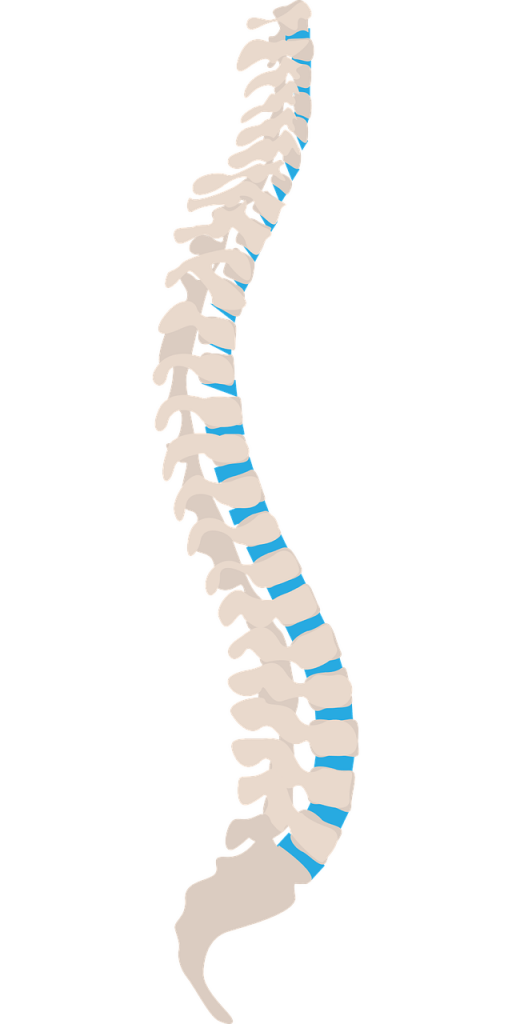Back injuries and lower back pain are leading causes of job-related disability and missed work in the United States. In fact, an analysis by the Journal of the American Medical Association on United States health care spending, revealed that low back and neck pain accounted for the third highest amount of spending at $87.6 billion (US Spending on Personal Health Care and Public Health, 1996-2013 – December 27, 2016). While low-back pain typically affects people around the ages of 30 to 50, most people suffer work-related back pain at one time or another. However, you can reduce your odds of getting a back injury by following these ten safety tips:
- If you have to lift something that is too heavy, get help.
- Always Lift using your leg muscles, NOT your back.
- When lifting, make sure you bend at your knees, NOT at your waist.
- Stand as close to the object you’re lifting as possible.
- Give your back support by contracting your abdominal muscles as you lift the object up or lower it down. If frequent lifting of objects is a regular part of your job, consider investing in a back-support brace.
- If you sit for extended periods at your job, take frequent breaks to stretch, relax and rest your back.
- Always support your lower back when sitting. Use a rolled towel, small pillow or a specially designed seat support if your office chair lacks sufficient support.
- Always sit with good form. Align your ears with your shoulders and keep your chin parallel to the floor. Avoid leaning to one side and avoid overstuffed furniture that does not offer adequate support. When you lean forward at your desk, bend forward at the hips instead of rounding your lower back.
- Invest in a quality swivel chair so that you can work without twisting your back and place your computer close to you to further minimize twisting and turning. Make sure your chair has an adjustable seat, back rest and arm rests. Adjust the back rest so that it moves with you.
- Remember to Exercise! – Exercise can improve your overall posture while strengthening your back and increasing your flexibility. Consider combining aerobic activity such as walking, swimming or bicycling with strength training and stretching. It’s also a good idea to do a few stretches and take a quick ten-minute walk at work, especially after prolonged sitting.











